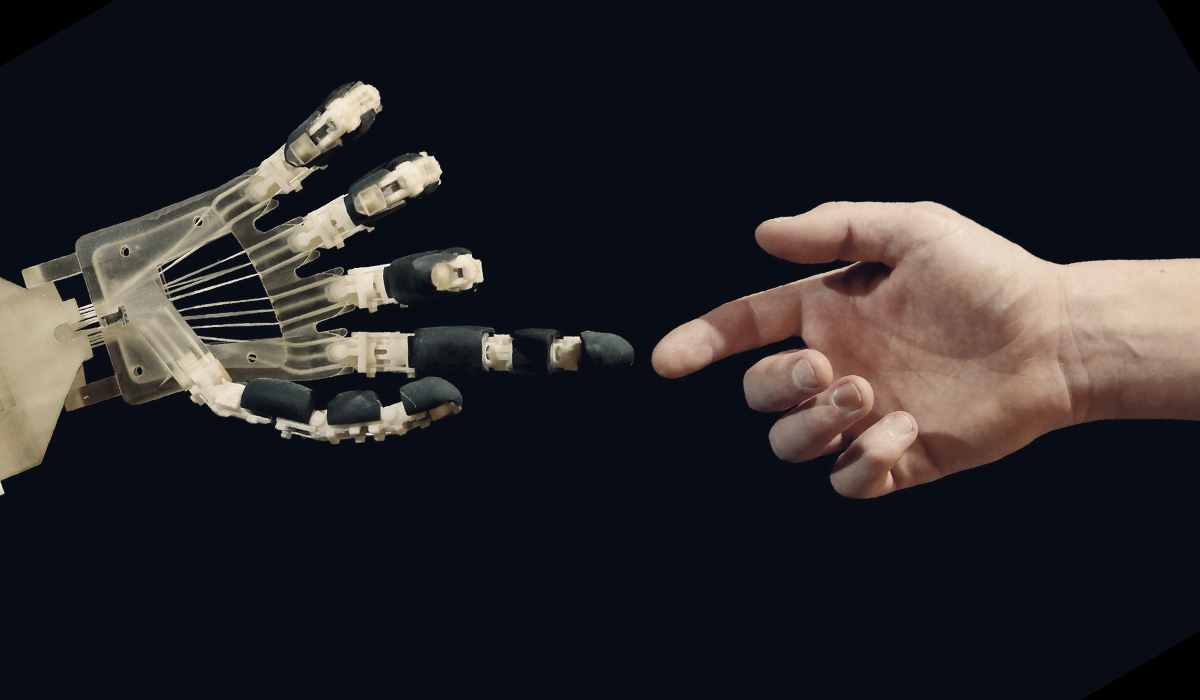
On Friday, April 28th, 2017, the McKinsey Global Institute and New York University’s Stern School of Business hosted the first Digital Future of Work Summit.
Convened by and , the Summit brought together over 400 business executives, entrepreneurs, academics and policy makers to discuss the forces that are shaping tomorrow’s workplace: the rise of freelance, “gig,” on-demand, and other non-employment work arrangements, along with the advent of artificial intelligence and robotics-driven labor automation. We explored what futures of work are realistic to anticipate, how fast they will emerge, and what must be done by industry and society to prepare. In-depth parallel afternoon sessions took a deeper dive into specific topics.
The discussion was anchored with real intelligence from academic research and industry practice about both patterns of change in work and the technologies that are causing them. Rather than being excessively idealistic or futuristic, the discussion was pragmatic, about what is happening now, paving the path to actionable near-term strategy and policy.

Allen Blue
Co-founder, LinkedIn
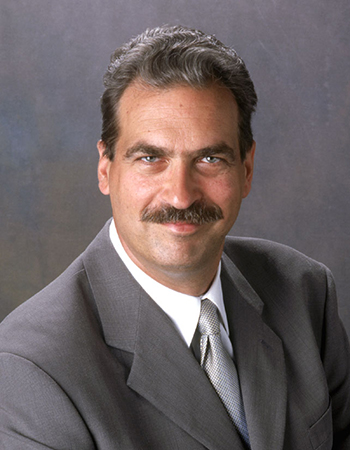
Carl Camden
CEO, Kelly Services
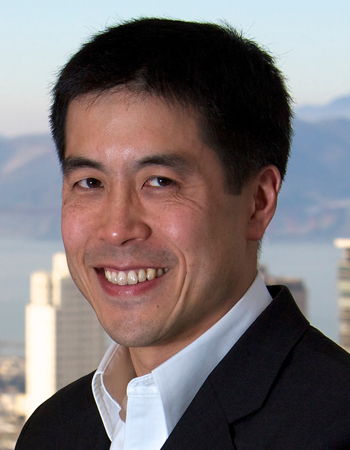
Michael Chui
Partner, McKinsey Global Institute
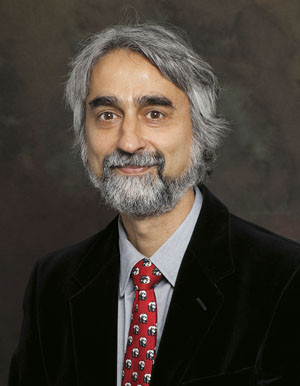
Vasant Dhar
Professor, New York University Stern School of Business

Rana Faroohar
The Financial Times; Author of Makers and Takers

Diana Farrell
Founding President and CEO, JP Morgan Chase Institute

Katy Fleming
Provost, New York University

Justin Fox
Bloomberg View; Author, The Myth of the Rational Market
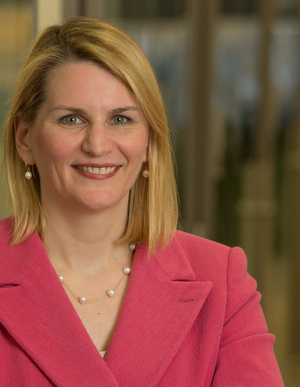
Katy George
Senior Partner, McKinsey & Company

Alicia Glen
Deputy Mayor, City of New York
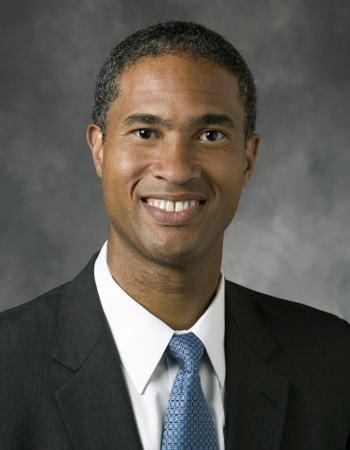
Peter Blair Henry
Dean, NYU Stern School of Business
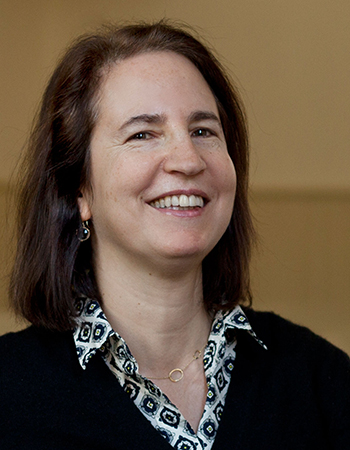
Sara Horowitz
Founder and Executive Director, Freelancers Union
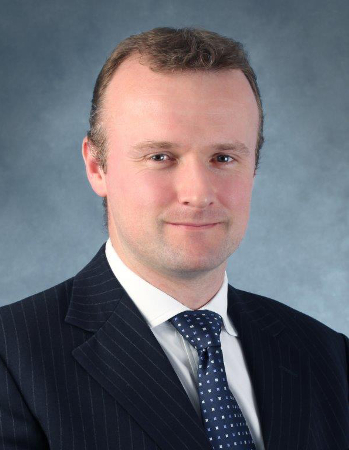
Richard Kelly
Partner, McKinsey & Company
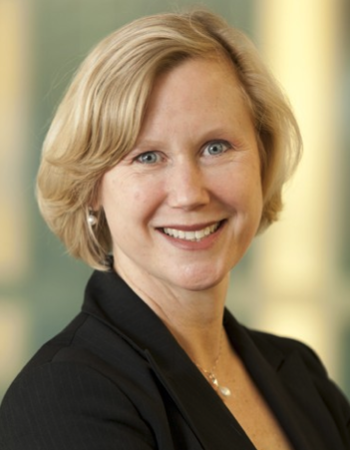
Susan Lund
Partner, McKinsey & Company and McKinsey Global Institute

Stephane Kasriel
CEO, Upwork
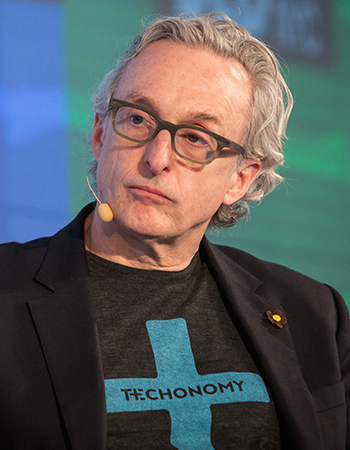
David Kirkpatrick
Founder and CEO, Techonomy

Mona Mourshed
Senior Partner, McKinsey & Company

Eduardo Porter
The New York Times

Mike Rosenbaum
CEO, Arena; Founder, Catalyte

Jeremy Shapiro
Senior Program Officer, Gates Foundation

Tom Siebel
Chairman and CEO, C3 IoT

Anne-Marie Slaughter
President and CEO, New America
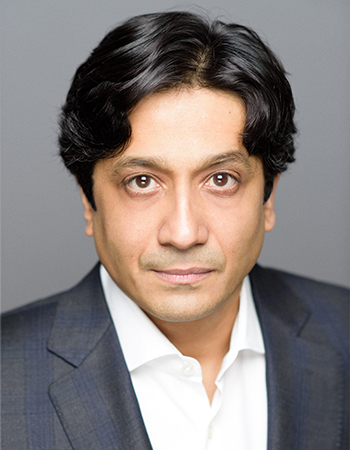
Arun Sundararajan
Professor, Robert L. and Dale Atkins Rosen Faculty Fellow, NYU Stern School of Business
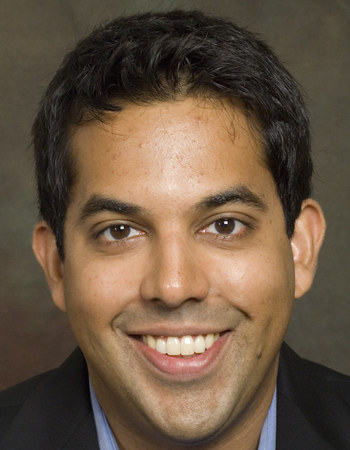
Prasanna Tambe
Professor, New York University Stern School of Business
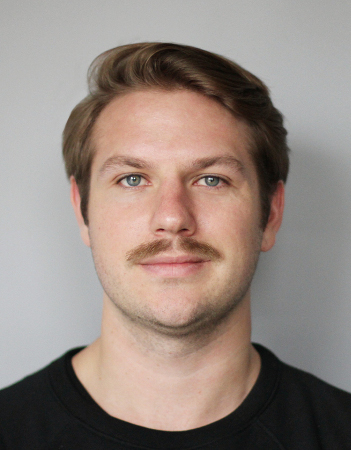
Dan Teran
CEO and Co-founder, Managed by Q
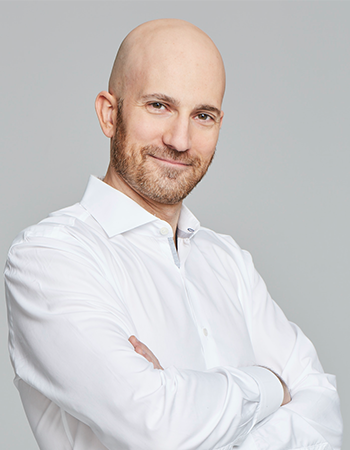
Jeff Wald
Co-founder and President, WorkMarket
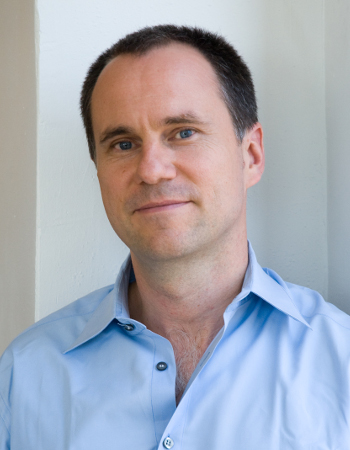
Albert Wenger
Partner, Union Square Ventures

Luke Williams
Executive Director, W. R. Berkley Innovation Labs
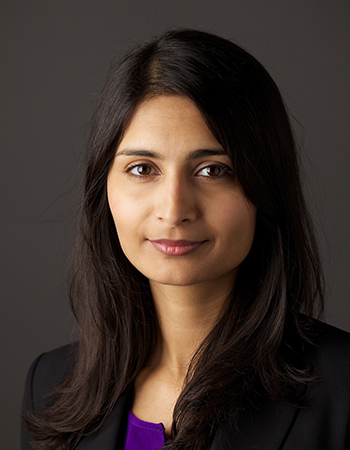
Saadia Zahidi
Head of Education, Gender & Work and Member, Executive Committee, World Economic Forum
Opening Remarks and Keynotes (8:30 - 9:20) + -
Welcome:
The Digital Future of Work: and
Opening Remarks:
Opening Keynote:
Plenary Panel 1 (9:20 - 9:55): The economic impacts of AI, robotics and automation + -
Advances in digital technologies -- in particular, artificial intelligence (AI), robotics and machine learning -- lead many to believe we are entering a new phase of workforce automation. Robots and computers can not only perform a range of routine activities better and more cheaply than humans, but they are also increasingly imbued with cognitive capabilities once considered too difficult to automate successfully, such as tacit judgment and sensing emotion, portending the automation of human activities ranging from truck driving and factory work to medical diagnostics and project management. Is the imminent wave of automation truly different? Or, like generations before us, are we simply overreacting to the automation threats of our own era?
This panel will assess the state of AI and robotics-drive automation, and discuss what effects these changes are likely to have, with a focus on the imminent rather than distant future.
- For an executive who isn’t a computer scientist, what’s a good way to think about AI and its capabilities.
- We’ve been hearing about AI for decades. Now, suddenly, it seems to have “arrived.” What happened?
- What are the kinds of decisions that AI systems make better than humans? Why?
- What factors other than technological progress shape the pace of work displacement? Which industries are likely to see the effects of automation most saliently in the next five to ten years?
- Is this time really different? Or will the latest wave of automation merely continue a trend? After all, most of human work associated with farming and craft was automated without leading to widespread unemployment.
Plenary Panel 2 (9:55 - 10:40): New models of work in the digital era + -
While automation may perform some of the tasks that people do, new models of work are emerging. The independent workforce - which includes freelancers, independent contractors, self-employed people, as well as people working through digital platforms in the "sharing economy" or "gig economy" -- is estimated to be between 25 - 30% of the working age population in the United States and Europe. Some people earn their primary income through independent work, while others use it for supplemental income, social engagement, or other reasons. These new modes of working are changing how companies deploy talent and organize their workforce, and how individuals manage their careers and livelihood. The new ways of working can create independence, flexibility, and higher earning potential for some - but might also create an endless series of dead-end, low-wage jobs for others.
This panel will discuss the implications of digital technologies and new non-employment work models on corporate organizations, career paths, and how people find jobs and companies find workers. Potential questions for this panel to address include:
- How is technology enabling new ways for workers to find traditional jobs, companies to find workers, and new work arrangements? (this seems like a better unifying theme)
- How should we define the "gig economy"? How large is it? Temporary work and self-employment have always been around. Why are we talking so much more about these trends today?
- Will new work arrangements suppress wages, particularly for low-skill workers, by creating more competition for that work? Or will on-demand platforms reverse the wage effects we have seen associated with skill-biased technical change?
- How are new ways of working changing corporate organizational models and talent management?
Plenary Panel 3: (11:00 - 11:45) Transition education and vocational volatility + -
Countries around the world, most saliently the US, have invested heavily into creating universities and colleges that prepare their workforces early in life for a career of full-time employment, but have made no comparable investments into education for mid-career transitions. Could new university-like institutions that can fill this gap? Or are there alternative ways of providing structured and pedagogically sound transition education accompanied with a new professional network and access to new opportunities, imbuing workers in flux with a new identity and sense of purpose, rebuilding self-worth to allow transition with dignity. Perhaps seeking this sort of mid-career intervention should be as natural as choosing to go to college after high school, a new rite of passage.
The purpose of this panel is to rethink education, training and career management for a world of vocational volatility with less structured careers, greater individual entrepreneurship replacing full-time employment, and more frequent radical work transitions. Potential questions/topics for this panel to address might include some of the following:
- What are the key new training, transition and career management challenges you anticipate in the next ten years? The next twenty?
- What do you see as the key deficiencies in our current education infrastructure in meeting these future needs of society?
- What exemplars in transition education have you encountered that might provide a roadmap for the future?
- What role will digital technologies play in future education?
- Do we need a government intervention like the 19th century Morrill Land Grant Acts? Or will the “market” provide sufficient educational innovation on its own?
- What role can existing institutions (universities, companies, other stakeholders) play?
Plenary Panel 4: (11:45 - 12:30) Political and social solutions for a new era + -
While there is uncertainty over how rapidly automation and new models of working will transform the world of work, it is already clear that many of the labor and social policies of the industrial era are increasingly ineffective in the digital era. Recent political outcomes in the US and the UK speak to the potential reactions to a significant underinvestment into creating new opportunities for a workforce displaced by automation and ill equipped for a new world of work. Unemployment and underemployment spells may be structurally longer in the years to come, and require workers to obtain new skills. Wage growth - particularly for low-skill work - may be suppressed as machines compete with humans, making it more difficult to earn a living even for those who are working. New technologies are producing winner-take-all effects in corporate earnings, feeding growing inequality across society. Education that ends in a person's mid-20's does not provide the lifelong learning needed in a dynamic economy.
The goal of this panel is to discuss the most critical issues that societies will need to address, and what potential solutions should be considered. We hope this conversation will focus not only on public policy, but also on what companies, educators, civil society, unions, and workers themselves can do. Potential questions for this panel to address include:
- What are the most important public policy changes we might consider to ease the transition to the new world of work?
- If automation and nonemployment work arrangements do indeed permanently reduce opportunities for human labor, what solutions should we consider? Income support? Capital decentralization? A redefinition of what productive humans do?
- What role can and should large corporations play in providing a solution?
- What role can other civil society institutions -- unions, universities, foundations, think tanks -- play?
- How should individuals think differently about education, skills, careers and meaning? How can we help individuals make the shift in mindset needed?
Interactive design session: future education models + -
Use your thoughts from the cards distributed in the morning to join an interactive design session to shape the educational models that will prepare us for a new future of work!
Automation technologies in the workplace: best practices + -
Imagine a world in which companies could radically scale their throughput, raise productivity, optimize their yield, improve speed to market, enhance customer service, and transform product design and prototyping. This world is almost within reach, thanks to rapid advances in automation technologies such as robotics and artificial intelligence (AI). It is a world in which quality is consistent and safety is ensured by machines that take over all hazardous activities. It is also a world in which it will be possible to combine scale, agility and customization, creating the ability to propagate mass changes across an entire organization instantaneously. The production of both goods and services will be affected.
In the public debate on automation, much of the focus is on whether robots will replace humans in the workforce. While important, this debate has largely overshadowed other considerations that are of importance to companies, not just CEOs and other business leaders but their teams and workforce: the potential business benefits that automation offers beyond labor substitution. Join a session with McKinsey's world-class team that will delve into best practices and pitfalls to avoid when implementing automation technologies in the workplace.
Economic security in the future + -
During the second half of the 20th century, we created a robust safety net improve the quality of work life for full-time employees—including minimum wages, overtime, and insurance. A number of other incentives—stable salaries, paid vacations, workplace training, and healthcare—are funded in many countries on the assumption that the model of work is full-time employment and the employer will provide all or part of the incentive. The design and funding of tomorrow’s social safety net must be adapted for a workforce that is increasingly independent, while also creating substitutes for the career paths and sense of community that a large number of workers now gets from the company they work for. Will this take the form of something radical, like a Universal Basic Income? Or do we need a more moderate set of innovations? Join a discussion with pioneering researchers and executives about the future of economic security in our evolving world of work.